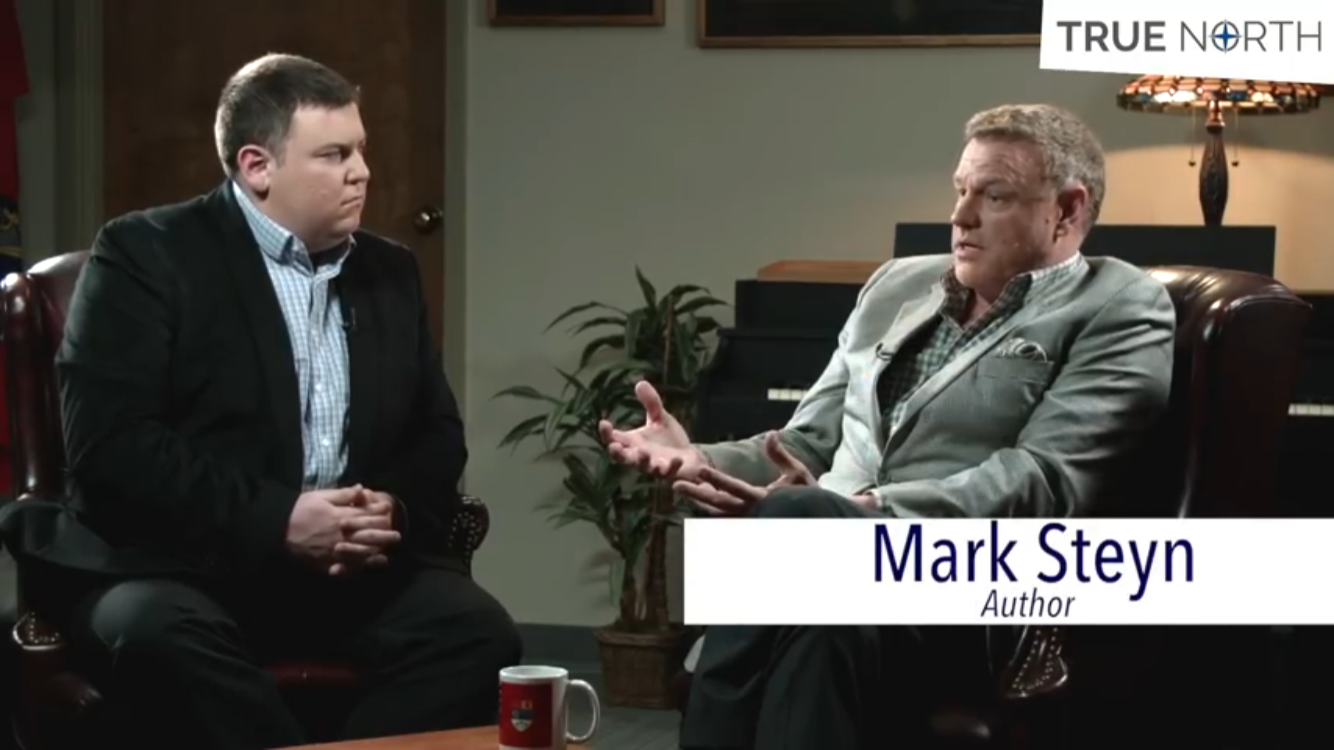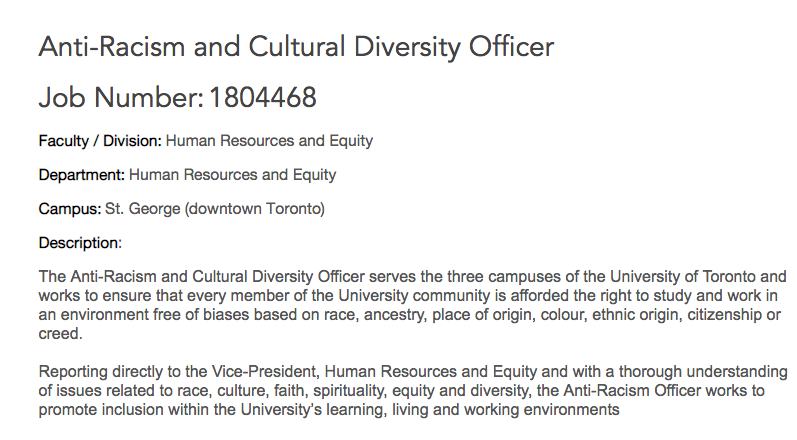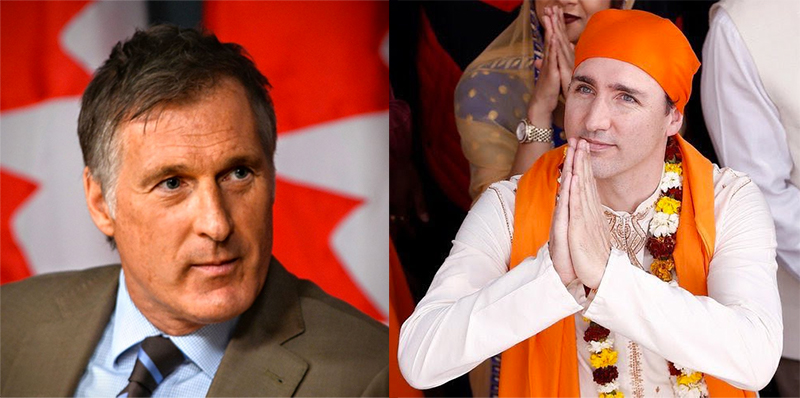Just how much diversity is too much?
Conservative member of parliament Maxime Bernier is being chided by the left over a Twitter rant about what he calls Prime Minister’s Justin Trudeau’s “cult of diversity.”
The tweets, published in both official languages of course, take aim at Trudeau’s oft-repeated claim that “diversity is our strength.”
“But why should we promote ever more diversity?”, Bernier asks in one tweet. “If anything and everything is Canadian, does being Canadian mean something? Shouldn’t we emphasize our cultural traditions, what we have built and have in common, what makes us different from other cultures and societies?”
It wasn’t long before the Twittersphere leapt to accusations of racism. Former Liberal leader Bob Rae didn’t use the R-word himself, but compared Bernier’s comments to the racist scorn directed to Irish, Jewish, Italian, Chinese and Sikh newcomers in generations past.
“None of them were welcomed,” Rae said. “All were accused of not ‘fitting in.’”
Bernier wasn’t taking aim at the people who make Canada diverse, but rather the contrived diversity that Trudeau has championed in pursuit of the fantasy that Canada is a “post-national” country.
Trudeau’s view is that diversity is its own end. What makes Canada truly exceptional is that diversity has been a byproduct of our actual goals. It’s come about organically, by people from around the world flocking here because of, not in spite of, our homegrown identity.
Our commitment to religious freedom makes Canada a welcoming place for those of all belief systems. Our pursuit of individual liberty compels people from dismally unfree nations to make a home here. Our economic prosperity gives people hope Canada can be their future.
These values invite diversity without manufacturing it. Trudeau would rather offer a platitude and do a bhangra dance than accept this reality of where our diversity originates.
Putting diversity above liberty, opportunity and prosperity as national goals makes it a weakness, not a strength.
Immigrants understand this far better than white progressives do. When I was a candidate for office, it was mostly almost exclusively Canadians who raised concerns about the lack of cohesion among certain ethnic groups, and the disrespect they saw for Canadian values from certain pockets of immigrants.
It’s not unreasonable, nor is it racist, to acknowledge some areas in which there is no room for a diverse array of perspectives and views.
We would never accept diversity of thought surrounding women’s equality, gay rights, or barbaric practices like female genital mutilation. Nor should we.
When the government required organizations receiving Canada Summer Jobs funding to be pro-choice, Trudeau was, in effect, establishing an immovable Canadian value.
I happen to disagree with idea that being pro-choice is an inherent Canadian value, but Trudeau believes it is, which demonstrates how at odds his government is with ideological diversity.
I’m not arguing government should mandate specific values. Quite the contrary. By promoting a diversity-first approach to government, the federal Liberals are imposing their own ideological value, at the expense of what Canada is actually about.
There are moral standards about community, liberty and tolerance that lifelong and new Canadians have organized around for years, without the government’s hand.
When Brian Mulroney’s government passed the Canadian Multiculturalism Act in 1988, 17 years after Pierre Trudeau declared Canada a multicultural country, we had a mandate to make the country’s “social, cultural, economic and political institutions” “inclusive of Canada’s multicultural character.”
There wasn’t a detailed roadmap for now this would happen, just a proclamation of the “recognition and appreciation of the diverse cultures of Canadian society.”
This has given license to all lawmakers to distort what multiculturalism actually means in Canada.
Ontario created the Ministry of Citizenship and Culture with a mandate to “stress the full participation of all Ontarians as equal members of the community, encouraging the sharing of cultural heritage while affirming those elements held in common by all residents.”
That should be what multiculturalism is all about. An appreciation for the wide array of backgrounds of those in Canada, without every losing sight of Canadian society’s core tenets.
Instead, the progressive culture won’t even recognize any such tenets exist.
Without them, diversity erodes national identity. With them, diversity enhances it.
For the sake of all Canadians present and future, Canada must never lose sight of the values that make it so desirable to newcomers in the first place.
Doing this will be our real strength.



